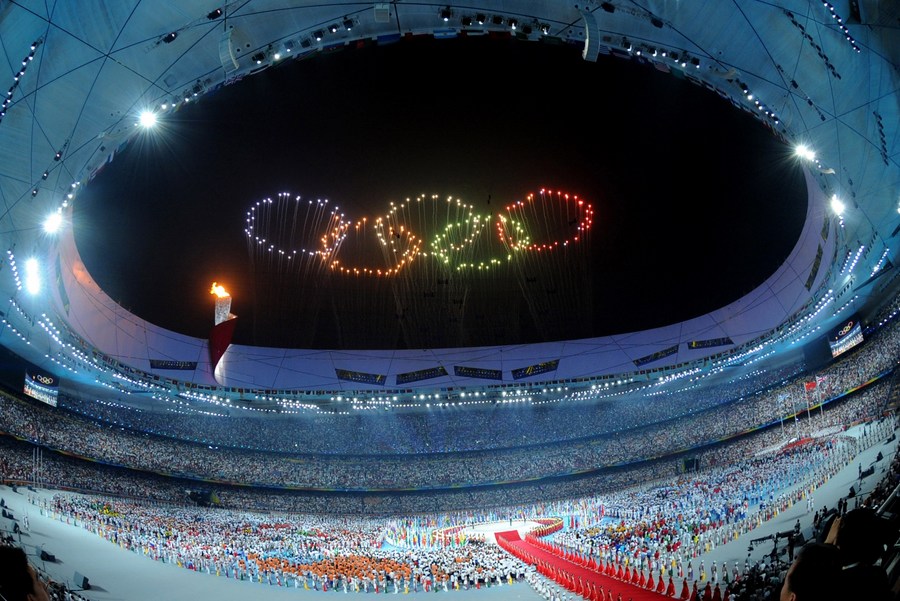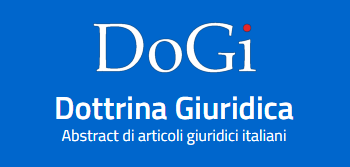
Abstract
Il conflitto russo-ucraino ha impattato anche sul mondo dello sport, costringendo i vertici della governance sportiva mondiale ad assumere decisioni forti, nonostante il principio di neutralità politica sancita dalla Carta olimpica. Tuttavia, le stesse istituzioni sportive continuano a tollerare visioni dello sport fortemente in controtendenza rispetto alla visione olimpica, come quella promossa dalla Federazione russa, decisamente orientata verso la componente marziale dello sport. Il contributo indaga sulla pregnanza giuridica che può (o dovrebbe) accordarsi ai valori dell’Olimpismo espressi nella Carta olimpica, in modo da superare l’empasse per cui questi valori sono evidentemente proclamati, ma la loro applicazione da parte delle istituzioni sportive resta incerta, in virtù del peso che le prese di posizione potrebbero comportare sugli equilibri geopolitici su cui lo sport impatta.
Abstract
The Russian-Ukrainian conflict has also had an impact on the world of sport, forcing the leaders of world sports governance to take strong decisions, despite the principle of political neutrality enshrined in the Olympic Charter. However, sports institutions themselves continue to tolerate visions of sport that are strongly in contrast with the Olympic vision, such as the one promoted by the Russian Federation, decidedly oriented towards the martial component of sport. The contribution investigates the juridical significance that can (or should) be recognised to the Olympic values expressed in the Olympic Charter, in order to overcome the impasse by which these values are evidently proclaimed, but their application by sports institutions remains uncertain, by virtue of the weight that the sports authorities’ decisions could have on the geopolitical balances on which sport impacts.
Keywords: Olympic values, political neutrality, Olympic Charter, sport in Russia, geopolitics of sport





